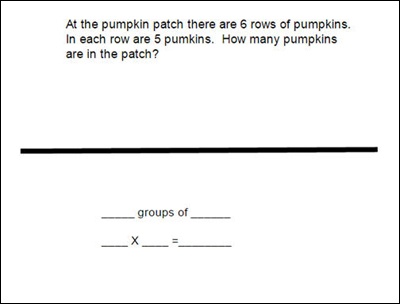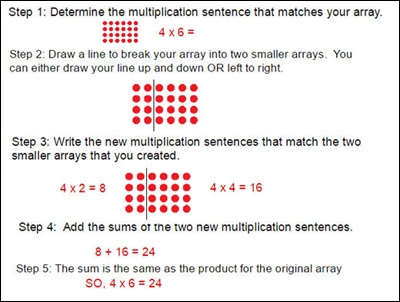



The third grade team, comprised of Emma Santucci, Sam Skazis, Kristen Listman, and Kelly Richards, at Church Lane Elementary in Baltimore Maryland share how they use Wixie in their math instruction.
Any third grader at Church Lane Elementary Technology School in Baltimore can show you a number of Wixie projects that they have created to show their understanding of classroom content. As their teachers, we utilize Wixie daily to engage students, build their independence, differentiate their instruction and reinforce their learning.
We have found Wixie to be an ideal tool for our math instruction; whether it is used during independent work, small group targeted instruction, or whole group practice. Wixie allows us to create and customize differentiated activities, easily distribute them to our students, and monitor progress both face-to-face and remotely as students work through a lesson.
Differentiating Math Instruction with Wixie
Our classrooms are full of diverse students with a variety of learning needs, so we do our best to meet each student where they are with targeted instruction. In addition to our daily common planning time, our team stays after school for two hours once a week to look at student data and third grade standards and build meaningful differentiated lessons. For any learning goal, we create leveled Wixie templates with different tools and individualized objectives for students.
The tools we provide to each student are dependent on their understanding of the concept at the time. For example, when working on the math strategy of using a number line to multiply, some of our students need the support of having the number line on the assignment. For these students, their objective is to use the number line to show multiplication as repeated addition. Other students may have the objective of creating and using a number line on their own in order to solve a multiplication sentence.

We also use various Wixie features to develop additional supports for learners. For example, we record our voices reading word problems so that students with reading specific learning disabilities can access the material fairly. If we want to ensure that students understand a math concept or process, they can then demonstrate in Wixie without being penalized or inhibited by their reading struggles. These students can also access the material without needing adult assistance, building their confidence and independence.
Once we have developed these differentiated activities, we use Wixie's assign feature to assign the materials to the different learners in our classrooms.
Using anchor charts in Wixie to support student learning
We use anchor charts in our classrooms to record strategies and processes we are learning. We then add them to assignments in Wixie and send them out to students to reference as they work. We use this when we need to remind students of a previously taught concept or to help them make connections to a new topic we are introducing.
For example, when we were beginning to work on time, we knew that students had worked extensively on this skill in 2nd grade. We didn't want to take away from instructional time to review, but it was important to activate students' prior knowledge before delving deeper into the subject. We created a two-page assignment that included an anchor chart and a link in the instructions section to an online video about telling time on the first page and practice problems on the second page.
After a new concept is taught, we often have students work on that topic independently while we meet with small groups. To set students up for success, we also share anchor charts and guides through Wixie that help students better understand a concept and clear up misconceptions when we are not readily available to do this for them ourselves.

For example, when we taught our students how to use the distributive property to multiply, we put the steps to using this property as the first pages of an assignment they worked on independently.
From pencil and paper to cloud-based classroom management
There are times when we simply have students type responses on Wixie instead of writing them on paper. But with Wixie, we can quickly design our own template with math problems and assign them to individual students, instead of creating a paper worksheet, copying it, and passing it out to only some students. This is especially helpful when students need to work on specific repetitive math practice.
Because Wixie works in the cloud, we can access work from all of the students in our classroom from any device. This allows us to check in with our students without causing disruption, commenting on their work to support and challenge them and push their critical thinking.
We also use this strategy to display student work to the class. We view student work in our teacher accounts and display to the class so that students can explain their thinking to their classmates.
No matter how you decide to implement Wixie, we are sure you will find it an ideal tool for your instruction, in math and other subjects too.